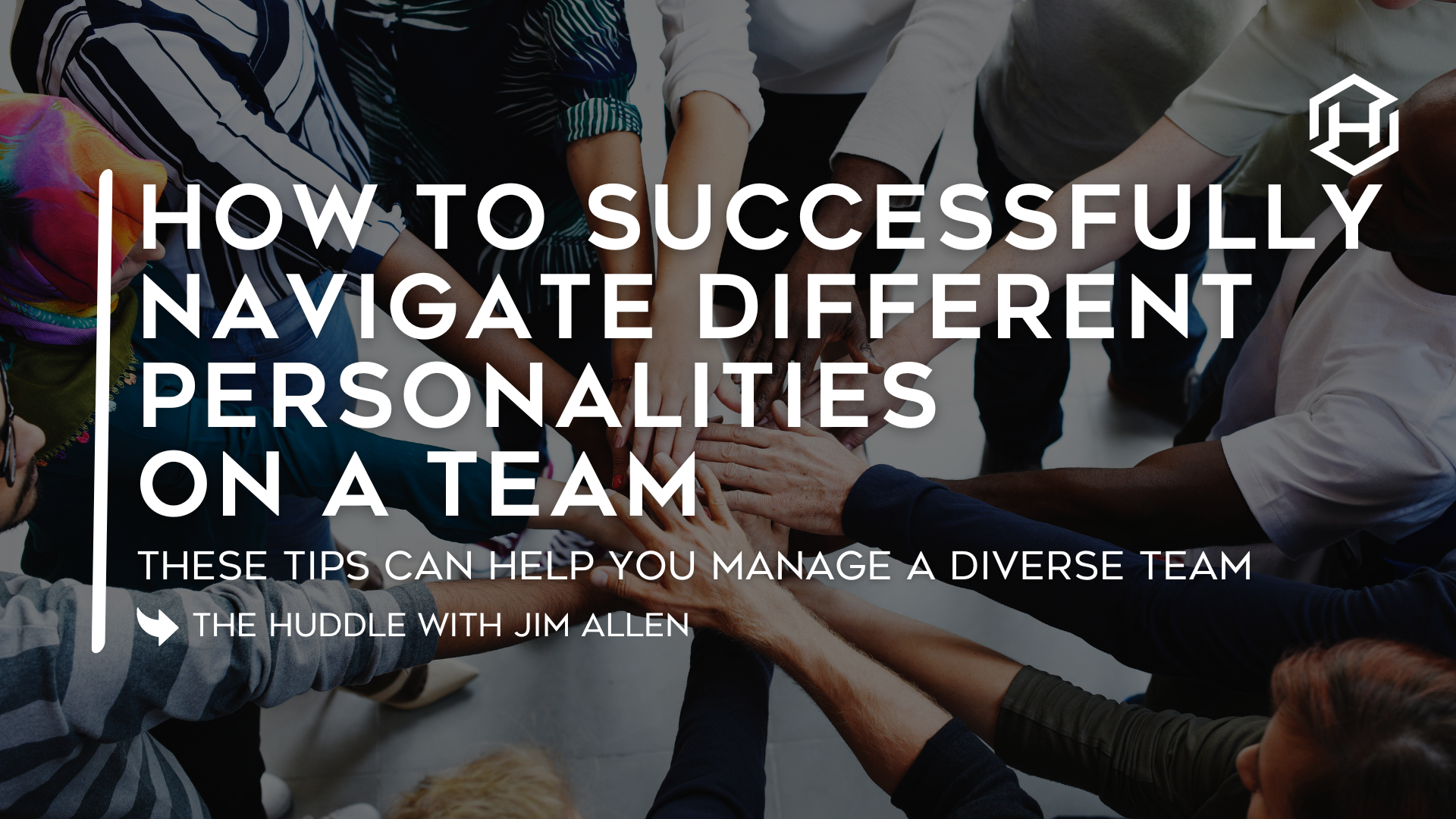5 tips for building confidence in your decision-making


Have you ever thought about the number of decisions you make in a day? If it ever seems overwhelming, there’s a good reason for that. According to research, the average person makes around 35,000 decisions over the course of a day. When you think about it, that number makes sense. We wake up thinking about what we’re going to wear that day, and picking out the right socks, shoes, pants, and even accessories each count a decision. Will we eat breakfast, and will that be a fast stop along the way or a healthy oatmeal from home? And just think about how many decisions you may need to make at a grocery store, where there are thousands of choices for you to choose from. Those decisions add up fast.
But if you’re a leader, those decisions can add up even faster. If you’re a business owner or a top-level manager, not only can those decisions be forced upon you every day, but you may have to make them quickly. Is it easy to make fast decisions? Not always, but there are ways that you can find enough confidence in your leadership to make solid decisions. Here’s how.
Create strategic shortcuts to set yourself up for success
Mental shortcuts are known as heuristics, which can help reduce the stress that’s involved in decision-making. For example, to reduce cognitive load in decision making, you could set up shortcuts like, “I wear gray pants on Tuesdays,” or “I go to the gym at 5:30 a.m. Monday through Friday.” Knowing that you’ve given yourself some guardrails to make decisions can help you be more successful, though sometimes business decisions aren’t as simple. If you can reduce the stress of decision-making through smaller tasks like your wardrobe or workouts, it can help your brain stay clear to make those bigger decisions.
It’s important to be aware that heuristics can lead to some biases in your decision-making. If you try to use those shortcuts to make decisions about business, be sure to take the time to weigh whether you’ve fallen back on a bias in your decision making. If you can recognize those biases and learn from them, heuristics can be a great way to confidently make a decision.
Increase your emotional intelligence
Emotional intelligence is an important leadership skill that refers to a person’s ability to manage and understand their own emotions, and how those emotions affect others. Its main competencies include self-awareness, self-management, social awareness, and relationship management. And great leaders are able to separate their own emotions from the decision that needs to be made. Ultimately, when you make a decision, it’s your responsibility to stand by your decision and create a plan that will ensure it comes to fruition. And flexing those muscles will build self-confidence for future decisions, too.
To increase your emotional intelligence, be sure to own both the good and bad that comes out of your decision-making. Reflect regularly on your decisions, be honest with yourself, and look for ways you could have done things better. It will empower you to do things better in the future.
Practice decision making when it’s safe
Think about the low-stakes decisions you make in a day. Choosing argyle over navy blue socks may seem like a simple decision, but that’s because you’re likely the only person those socks will affect, and they likely won’t affect you at all. The more you allow yourself to make these smaller decisions that allow you to practice within your comfort zone, the more confidence you’ll gain in making bigger decisions down the road.
Practicing these safe decisions can give you greater clarity as you build your decision-making skills. It can also help you improve your capabilities as your responsibilities grow within your business.
Stick to your values
As a leader, you should know what it is you stand for. When you have defined your values, clarified your purpose, and built your mission statement, you’ll know your “why” and can use that as a North Stare to help in your decision making. While not every decision may be immediately clear, knowing your values and sticking to them can help you easily drive toward making the right decision.
If you haven’t yet done the work involved in defining who you are and what you believe, take the time to do just that. Staying true to your “why” brings clarity and can help you become more decisive in everyday tasks, as well as those decisions that take more effort.
Acknowledge mistakes and learn from them
If you’ve made a decision that went the wrong way, don’t sulk in it. Instead, learn from it. Be willing to accept the emotions you’re feeling (and remember, digging into your emotions help you grow your emotional intelligence). Be ready to have a debriefing on what went wrong. And practice gratitude for what you’ve learned from the mistake.
It can take time to accept mistakes. But those around you will respect you even more when you’re willing to take responsibility for what went wrong. Especially if you can learn from those mistakes and use them to inform your decision-making in the future. It will make you a stronger leader for years to come.
Final thoughts
Decision-making can be hard for leaders, but the more you work toward making them with confidence, the more comfortable it gets. Be sure to focus on owning your decisions, challenging your biases, and not hiding from mistakes. Your success depends on it.
Jim Allen is a business leader and entrepreneur who has built one of the top-producing real estate groups in the Triangle. He is President of The Jim Allen Group, which is consistently named one of the top real estate teams in North Carolina and even North America.


